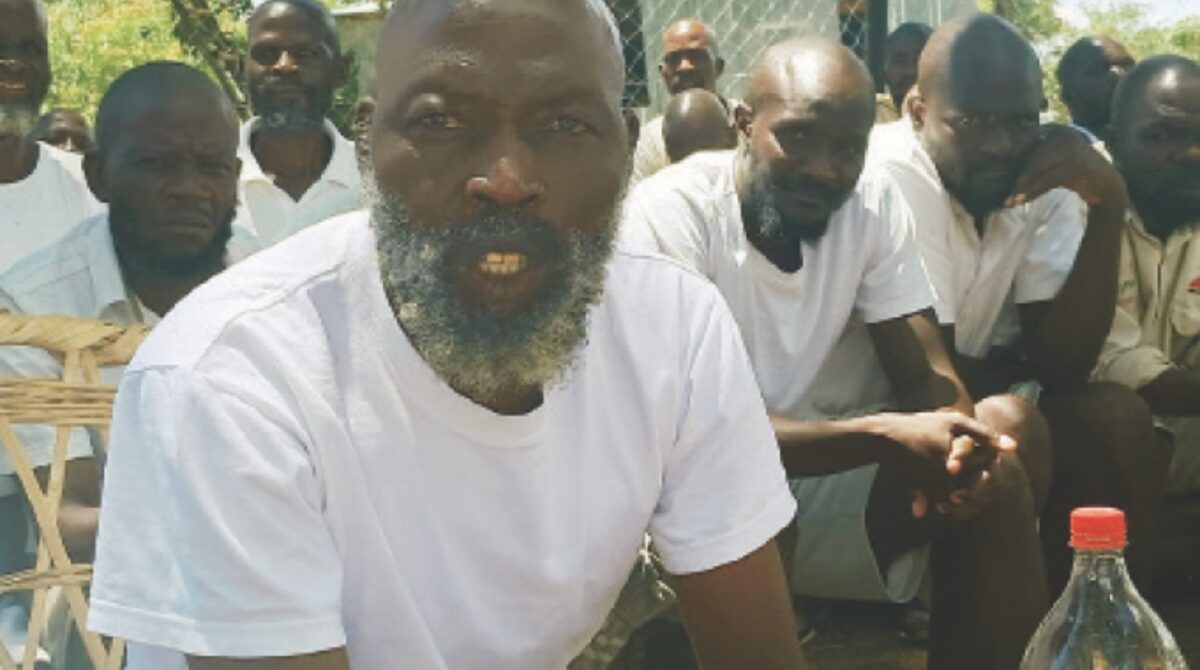HARARE – Section 40 of the Marriages Bill which recognises “civil partnerships” will be expunged from the final draft bill, ministers said on Tuesday.
Following a Cabinet meeting, Attorney General Prince Machaya said ministers had decided that no extra rights should be given to cohabiting couples in the event of separation or death.
Civil partnerships are defined in the bill as relationships between a man and a woman who are both above the age of 18, are not related and have a relationship as a couple living together.
These partnerships are not considered to be marriages or the equivalent of a marriage but are solely acknowledged with the aim of “determining the rights and obligations of the parties on dissolution of the relationship.”
The clause has ignited controversy, amid criticism that lawmakers were legislating against marriage.
Machaya told journalists after Tuesday’s Cabinet meeting: “Marriage creates a status in a person. When two people meet, and get married, their status in law changes, they have a news status: that of married people. That status comes with certain rights and obligations that the parties in that marriage can enforce against each other and against the world as a whole.
“Now, when two people just move and live together, the rights they have are the rights they have as individuals. Their living together does not confer any additional rights upon them. So, a person who enters into such an arrangement and is thereafter left by the other party, can only enforce such rights as they have as individuals because they have not acquired any additional rights by entering into that arrangement.”
Machaya said there was “nothing that the authorities or the state can do” to protect cohabiting partners from “the deliberateness of their own actions.”
“They’re aware of what they’re doing; they’re aware of how those types of relationships are viewed by society and that the law does not recognise them. So people should not cry foul and say that they’re not being protected because there’re virtually no additional rights to protect except the rights they always had as individuals.”
The bill is currently being debated with MPs still taking input from the public.















